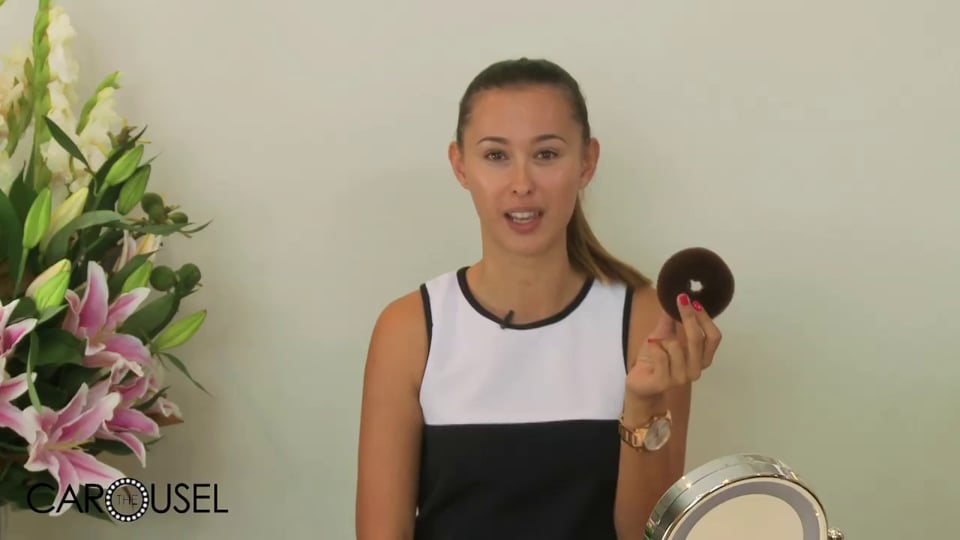Karina Stewart, Co-Founder of Kamalaya and Master of Traditional Chinese Medicine, shares with us the importance of sleeping and how to enjoy a better sleep.
What is a good pre-sleep routine to have?
We are creatures of habit and the body likes routine, so it is important to establish a pre-sleep ritual ten minutes to an hour before bed as these habits will help to promote a restful sleep.
- Take a warm shower or bath with some relaxing essential oils.
- Turn off electronic devices such as televisions and computers at least one hour before bed. The short waves of blue light stimulate the cerebral cortex, an outer area in the brain responsible for higher nervous function, which may interfere with sleep; Also remove all electrical appliances that are close to your bed. Mobile phones, computers and alarm clocks all emit a frequency that can interfere with sleep.
- Practice relaxation techniques before bed. For example, breathing practices such as pranayama and yoga nidra, meditation etc.
- Keep a journal by your bed and write down your list of worries to be dealt with the next day and any strategies to deal with them.
What sort of times should we sleep from and to (and how many hours should we sleep on average?)
Make a good eight hours of restful sleep a night your number one priority. Getting enough sleep is not only vital for overall wellbeing, but also for prevention, management and treatment of various health imbalances.
An inadequate amount of sleep that is less than eight hours on a regular basis, has been associated with a weaker immune system, higher risks obesity, heart disease, depression, diabetes and even colon cancer, according to a study by University Hospitals (UH) Case Medical Center and Case Western Reserve University School of Medicine that has been published in 2011.
Research has shown that we recover best when we go to bed between 9.00-10pm, allowing your body to wake rested in the early morning.
More health and wellness advice from Kamalaya here:















